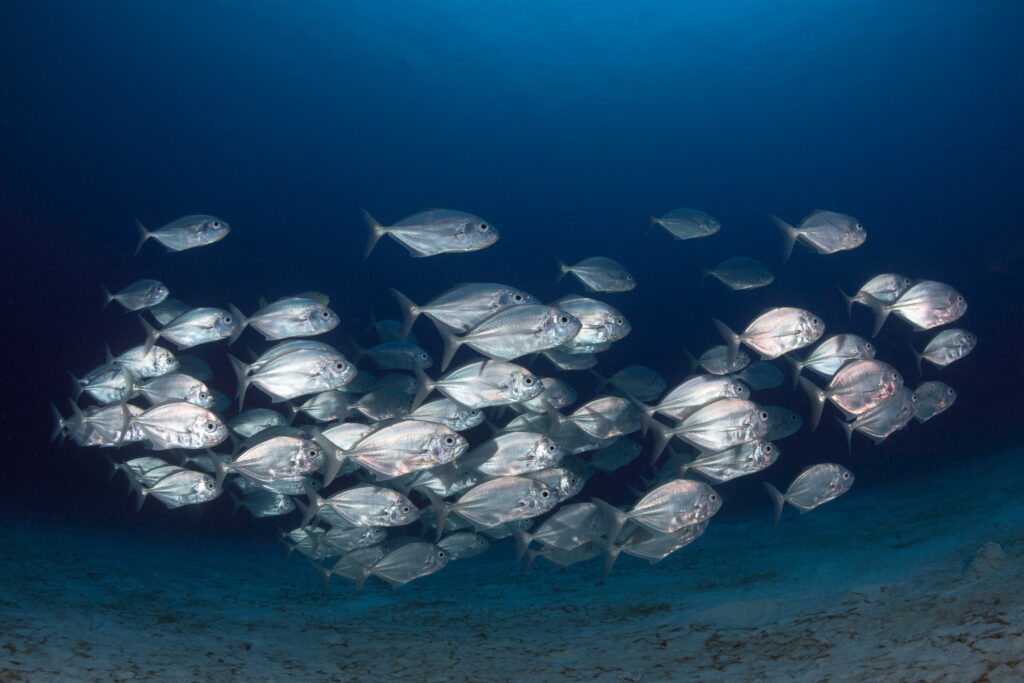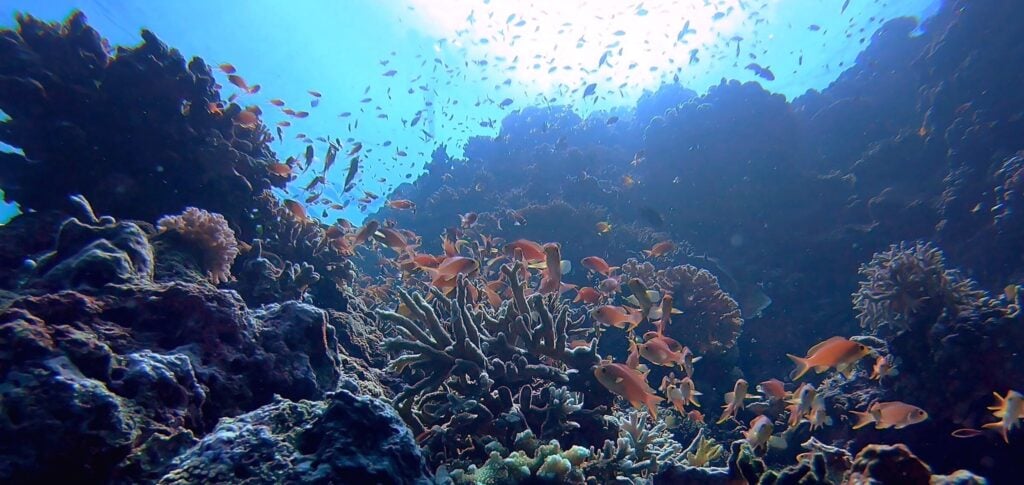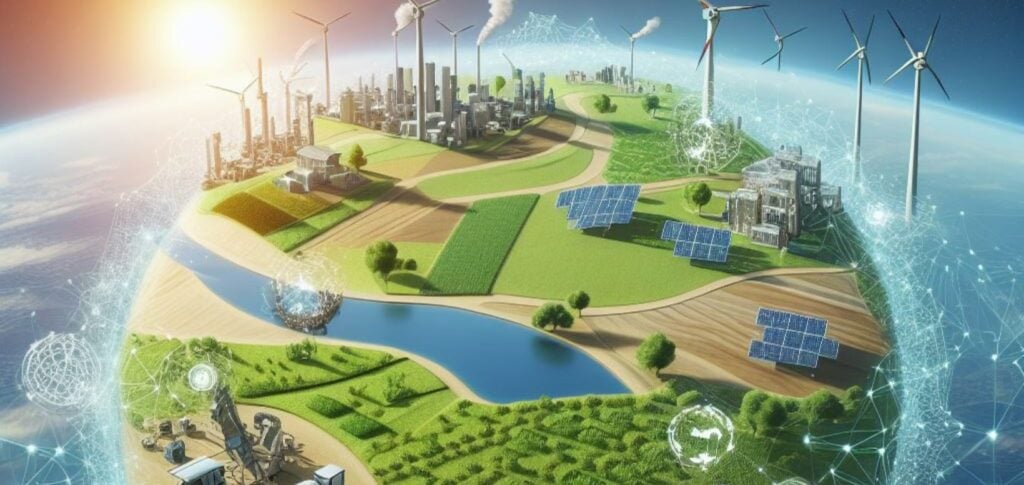
1. Helps us breathe
Phytoplankton – tiny plant-like organisms that live in the sea – are responsible for at least 50% of the oxygen on Earth.
ADVERTISING
Just like land plants, they contain chlorophyll to capture sunlight and use photosynthesis to convert it into the energy they need, producing oxygen as a byproduct. They also consume carbon dioxide (CO2), transferring about 10 gigatons of carbon from the atmosphere to the ocean each year.
2. Helps regulate the climate
The ocean absorbs large amounts of heat from the sun. “More than 90% of the warming that has occurred on Earth over the past 50 years has occurred in the ocean,” according to the U.S. National Oceanic and Atmospheric Administration.
Some ocean currents are directly responsible for specific climate effects. One example is the Gulf Stream, which carries warmer waters from the Gulf of Mexico across the Atlantic to Europe. If the Gulf Stream is disrupted, much of western Europe – including the UK, Ireland and France – could become colder.
ADVERTISING
3. It is an important source of food
Fish is on the menu of billions of people around the world every day. AND responsible for almost 16% of all animal protein consumed globally (🇬🇧) . Of course, there is more seafood than fish, crustaceans and other edible creatures. A variety of seaweeds and sea plants are also commonly used in cooking.
Pressure on resources and the environment has led to calls for food production and changes to people's diets. A cow, for example, produces 2,8kg of greenhouse gases per kilogram of live weight and needs 10kg of feed for every kilo you weigh .
Furthermore, to obtain just one gram of protein from cattle, 112 liters of water are needed. The oceans, if managed and maintained properly, can form an important part of a more sustainable approach to feeding the planet's growing human population.
ADVERTISING
4. Its biodiversity is incredible
It's not just a food source. The ocean is also home to an abundance of life. Although there are estimates of the number of species living in the sea, no one knows for sure what is that number.
According to the U.S. National Institutes of Health National Library of Medicine, “ 91% of species in the ocean still await description (🇬🇧). ” This is largely due to the vastness of the oceans, which cover around 70% of the planet's surface and reach 11 thousand meters deep. The number of yet-to-be-discovered creatures living in the sea could easily number in the millions.

5. Creates millions of jobs
By 2030, ocean industries will employ more than 40 million people (🇬🇧) around the world, estimates an OECD report. The majority of these jobs are likely to be in the fishing sector, followed by tourism.
ADVERTISING
The economic health of maritime industries is fundamentally linked to the overall health of the oceans, of course. The ocean economy is of particular importance in developing countries, which are home to the majority of 3 billion people who depend on the sea for their livelihood (🇬🇧).
Challenges such as climate change, pollution and a simple lack of knowledge of sustainable ocean management techniques continue to put maritime resources at risk. This will limit the potential socioeconomic benefits these resources represent for future generations, as well as stifling people's earning capacity in the present.
@curtonews We live on a blue planet, with seas and oceans that cover more than 70% of the Earth's surface. Check out, in 5 points, why we need to protect the future of the oceans. 🌊
♬ original sound – Curto News
World Oceans Day
The United Nations annually celebrates the World Oceans Day on 8 in June.
ADVERTISING
O global warming is driving ocean temperatures to record levels, creating stronger and more frequent storms. By absorbing excess CO2 produced by human activity, the oceans are also more acidic, threatening aquatic food chains and the future ability to remove carbon from the atmosphere. Furthermore, microplastics from pollution kill an estimated 100 marine animals and 1 million aquatic birds each year.
It's worth taking advantage of the date and remembering the importance of the oceans for the balance of life on planet Earth!
Read also
(🇬🇧): content in English
(*): Content in other languages translated by Google Tradutor
(🚥): may require registration and/or subscription
* The text of this article was partially generated by artificial intelligence tools, state-of-the-art language models that assist in the preparation, review, translation and summarization of texts. Text entries were created by the Curto News and responses from AI tools were used to improve the final content.
It is important to highlight that AI tools are just tools, and the final responsibility for the published content lies with the Curto News. By using these tools responsibly and ethically, our objective is to expand communication possibilities and democratize access to quality information. 🤖







